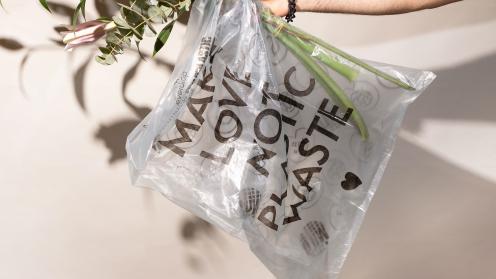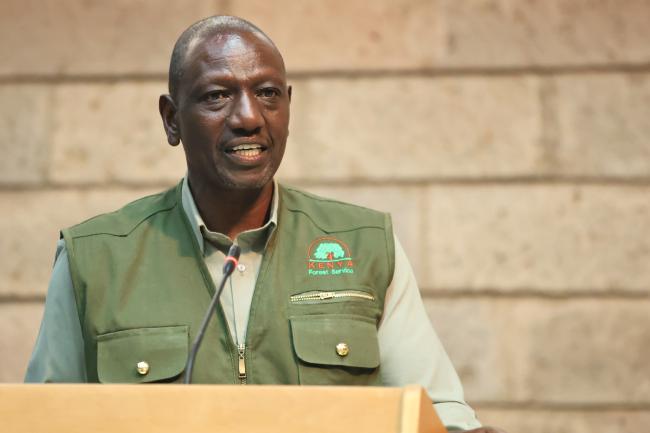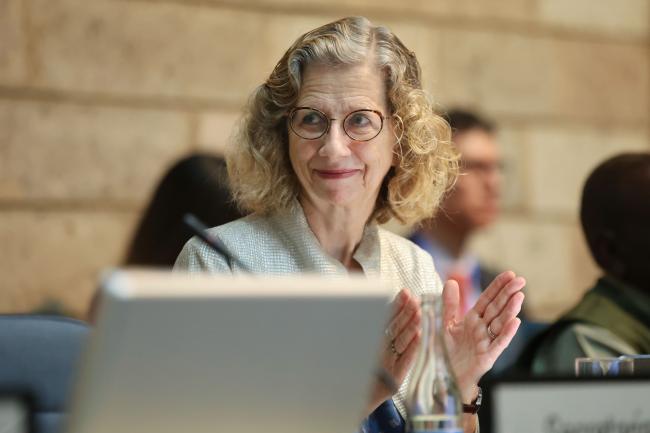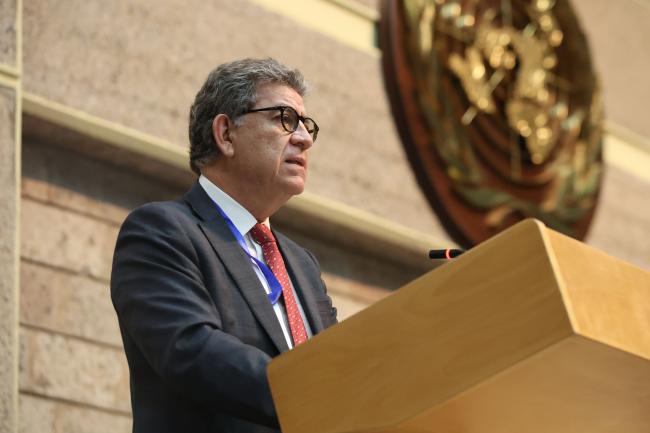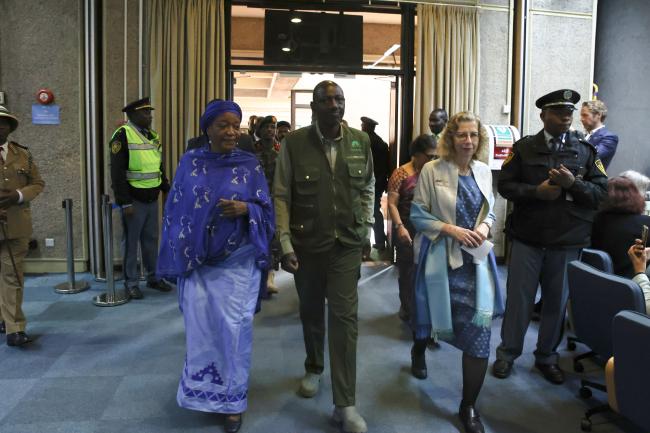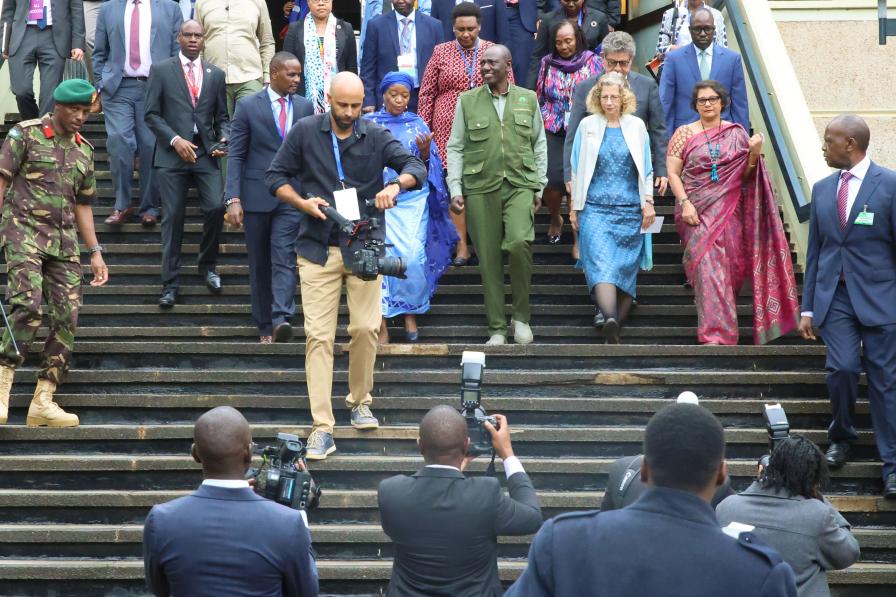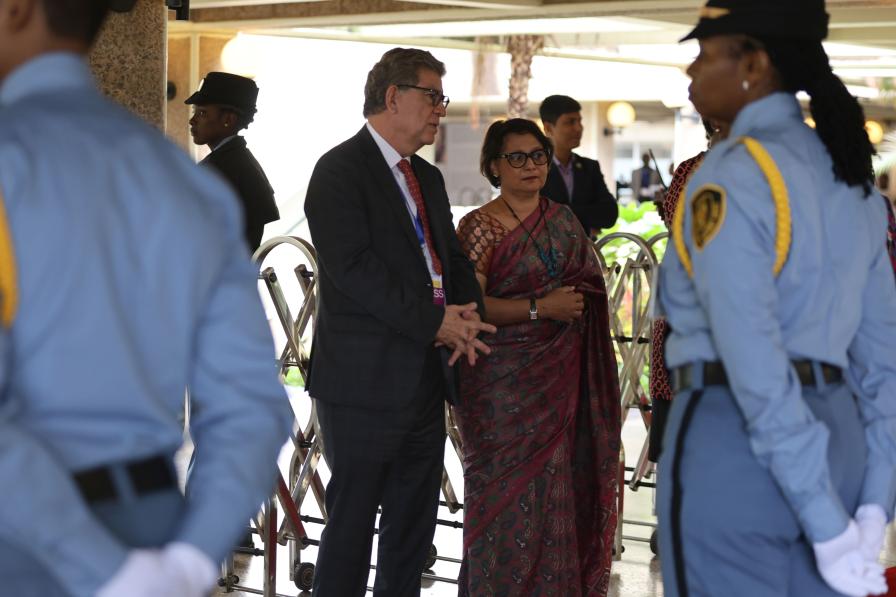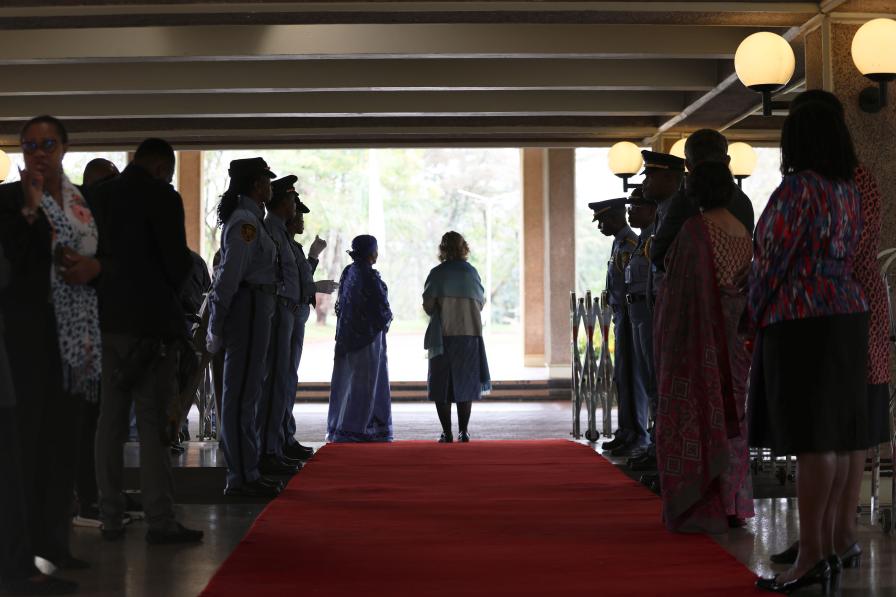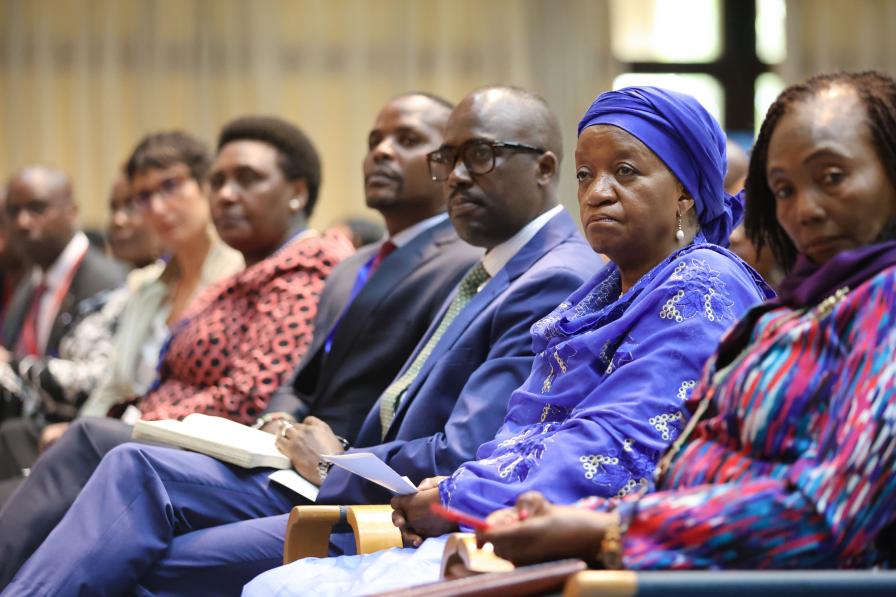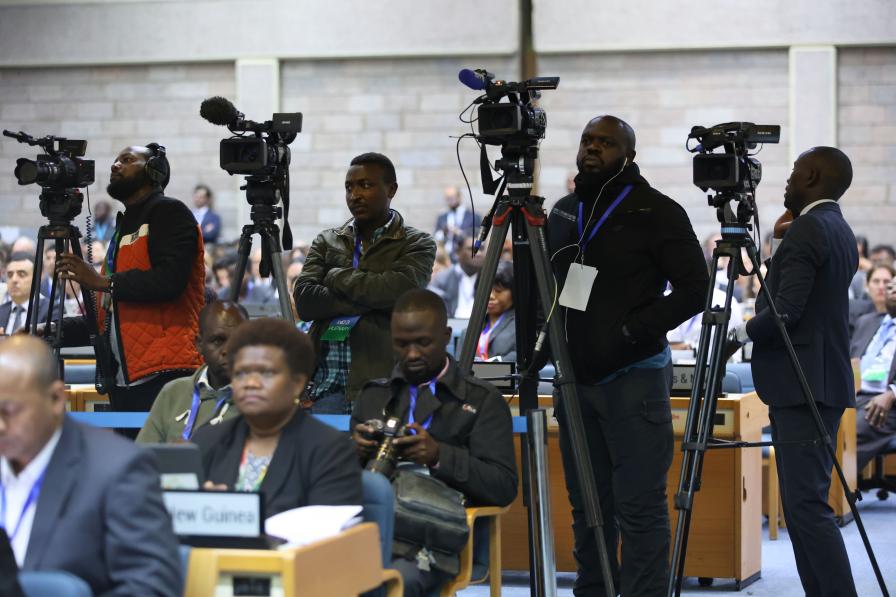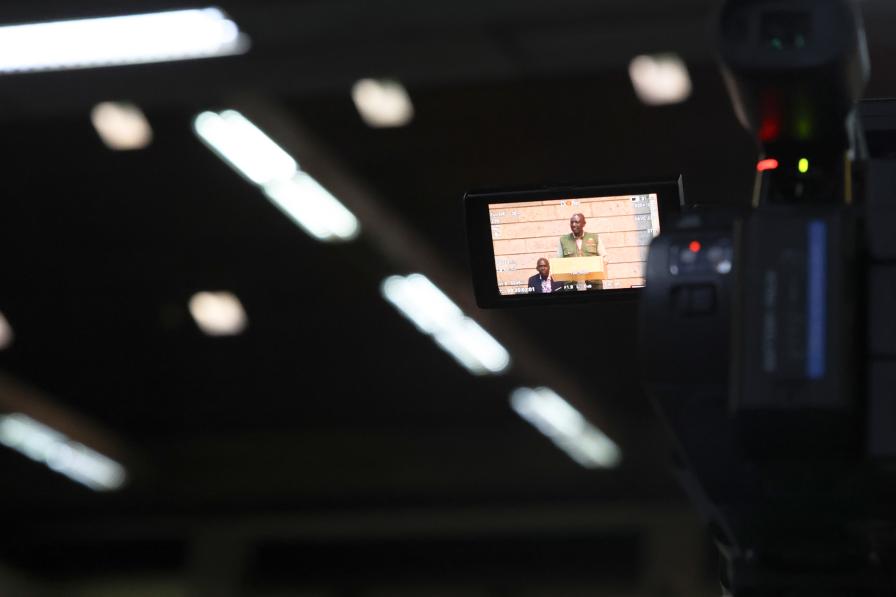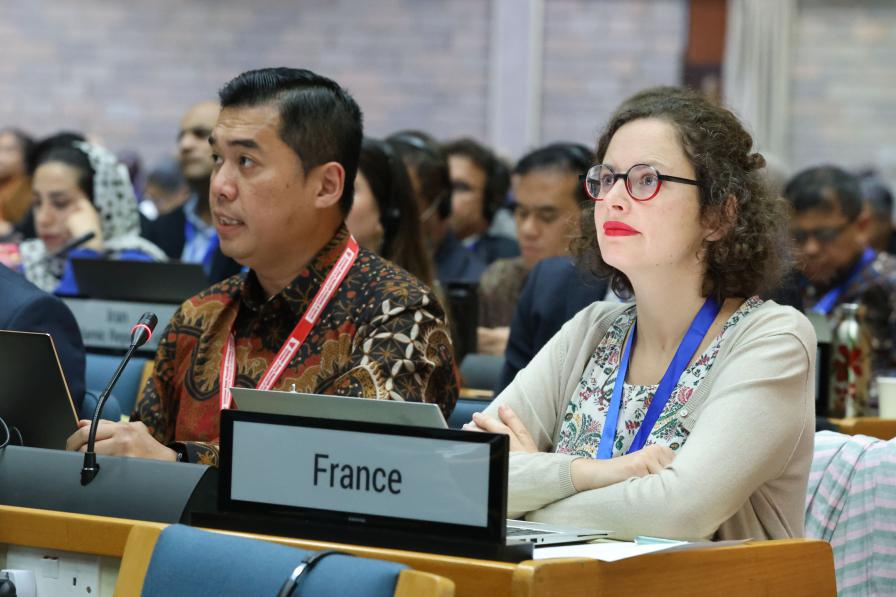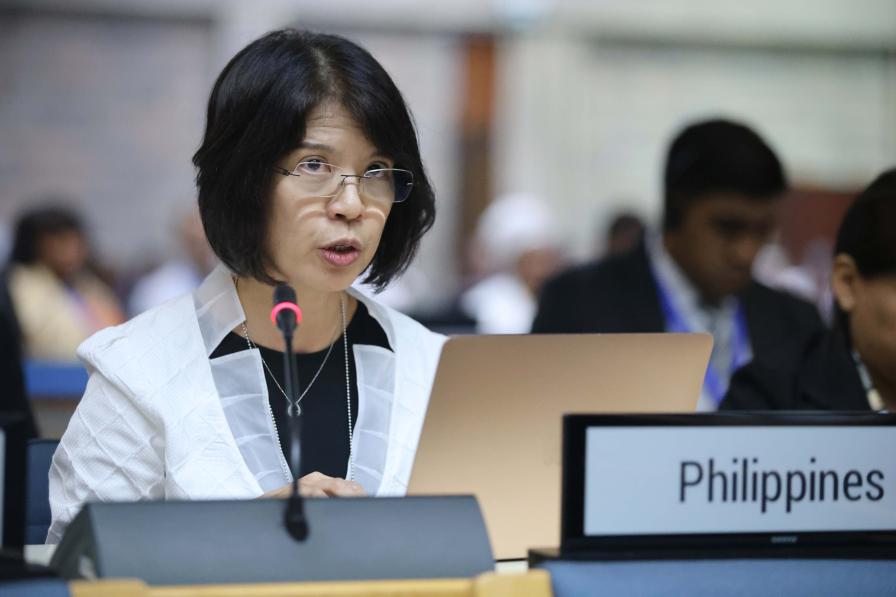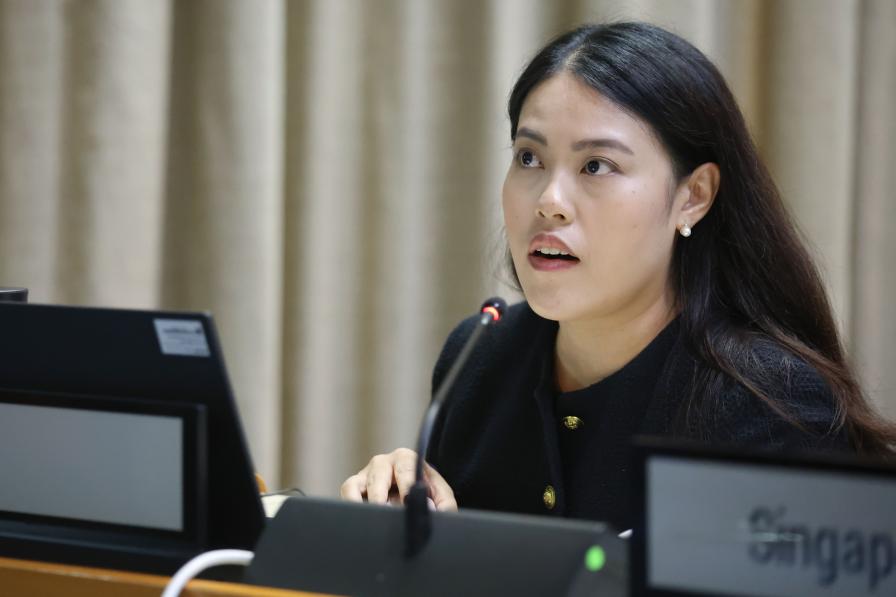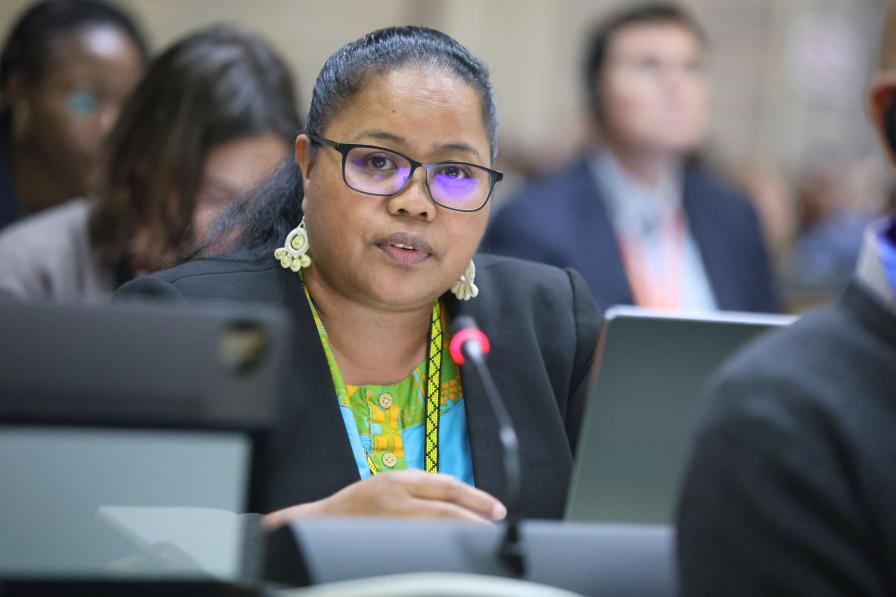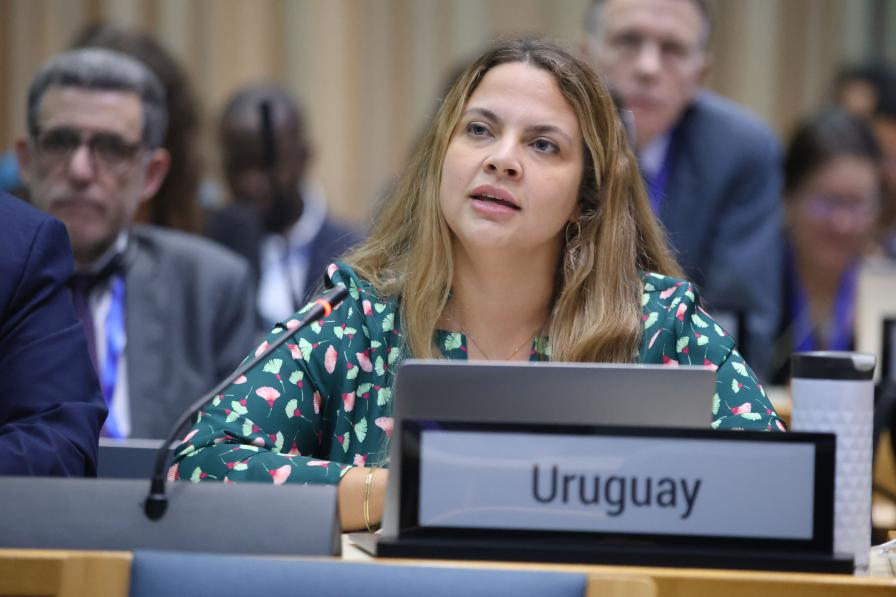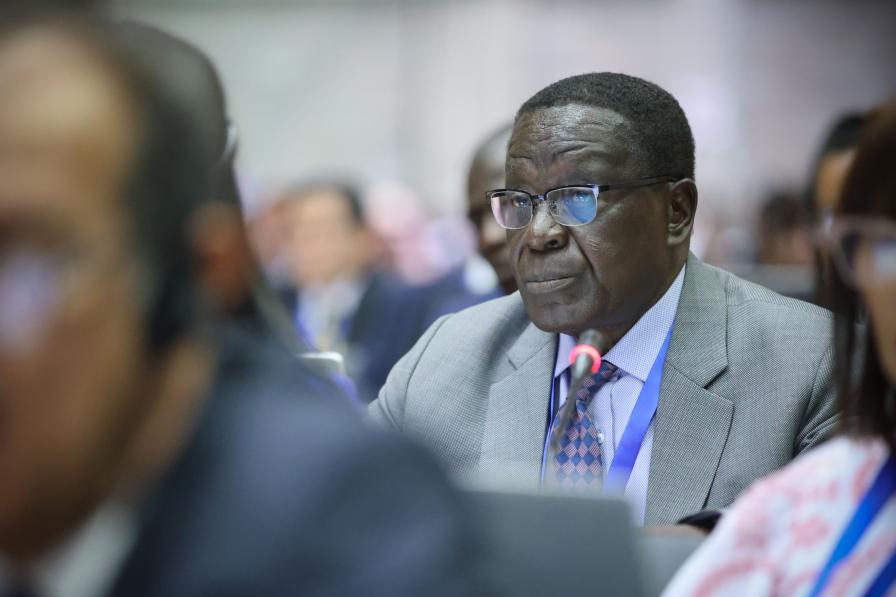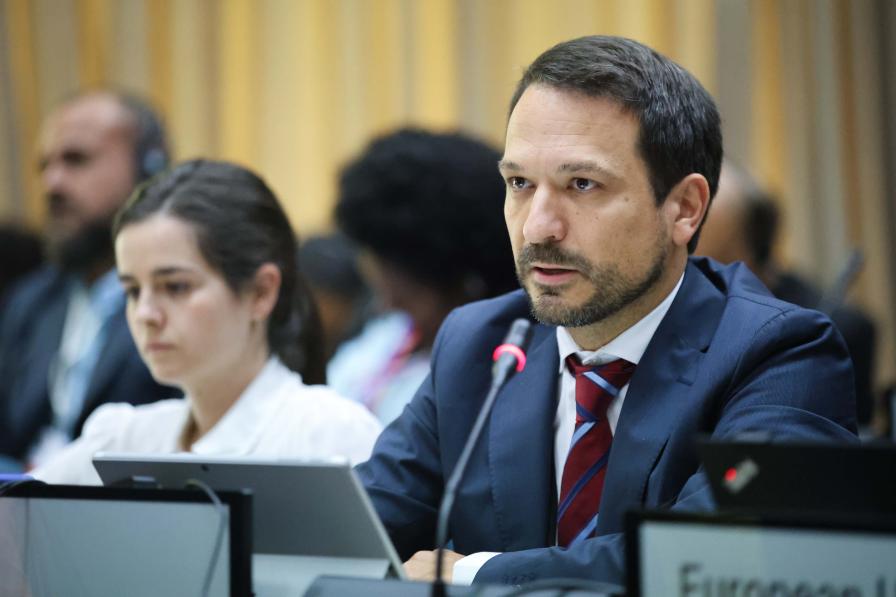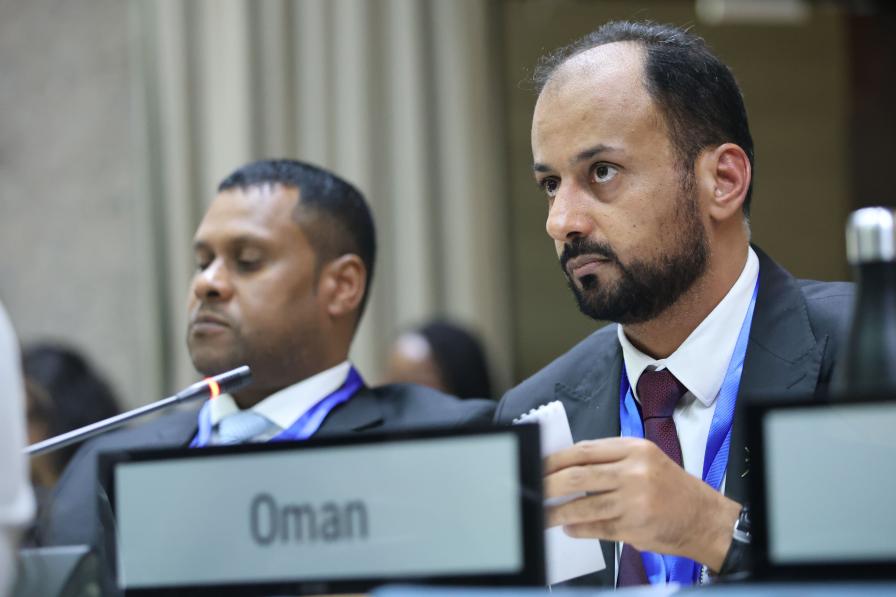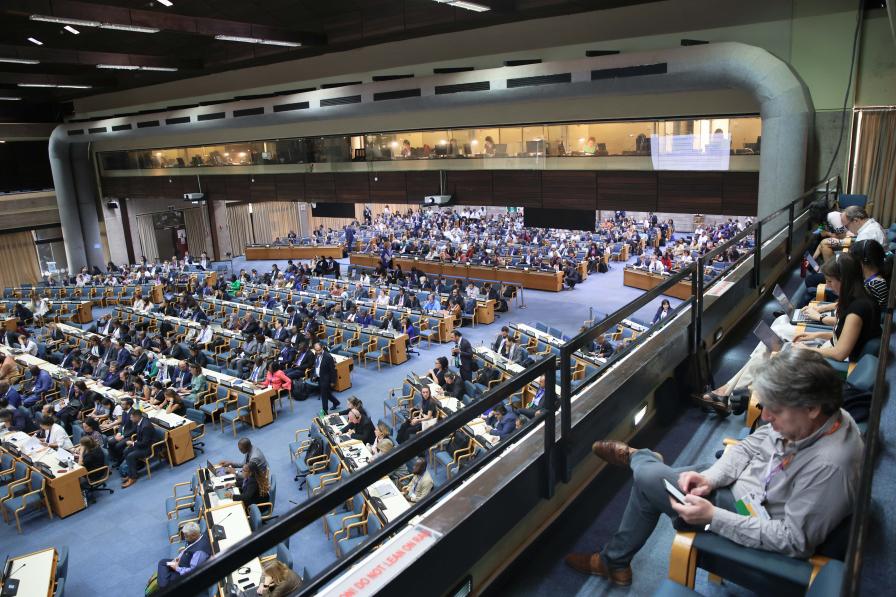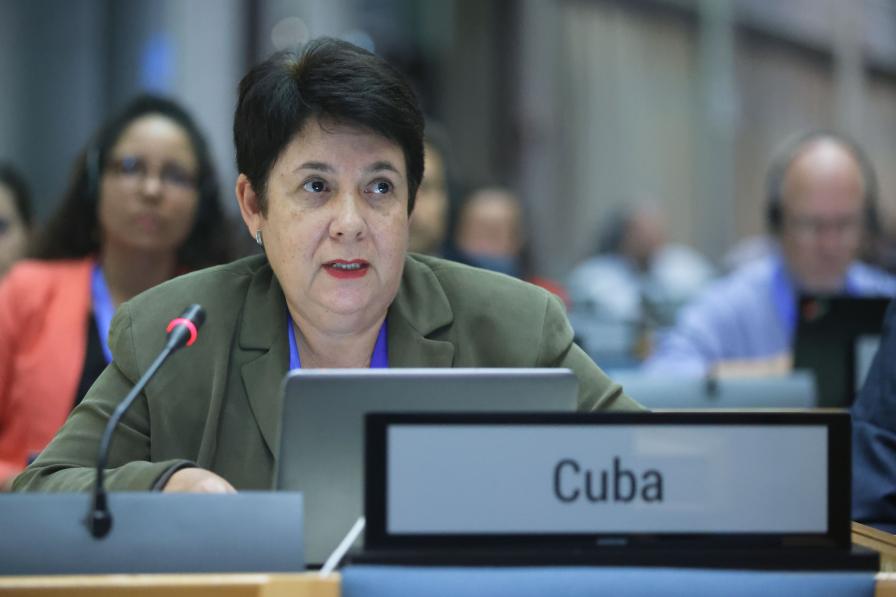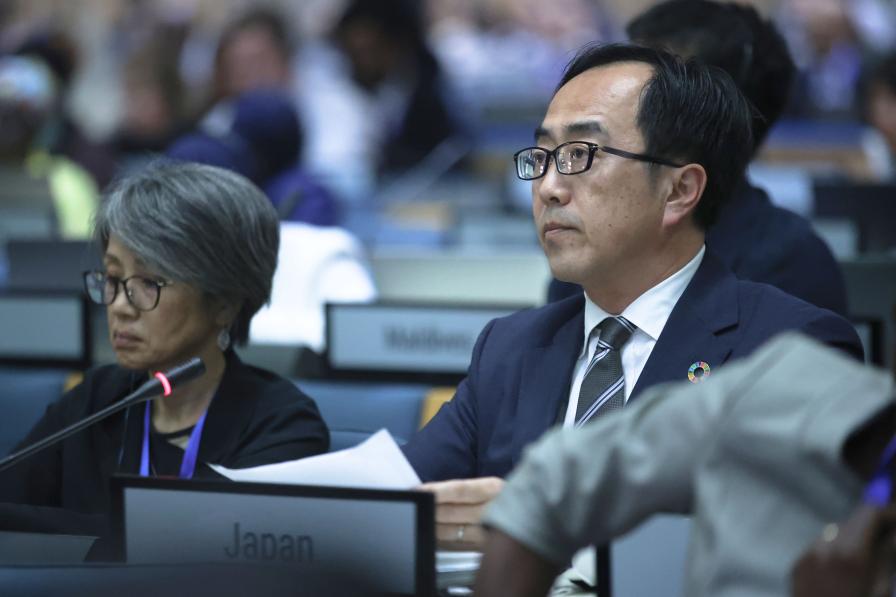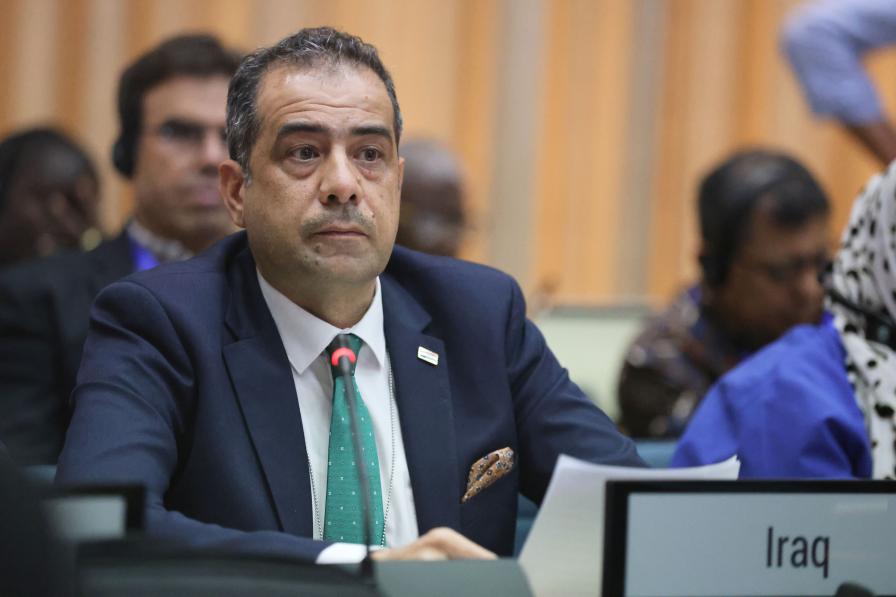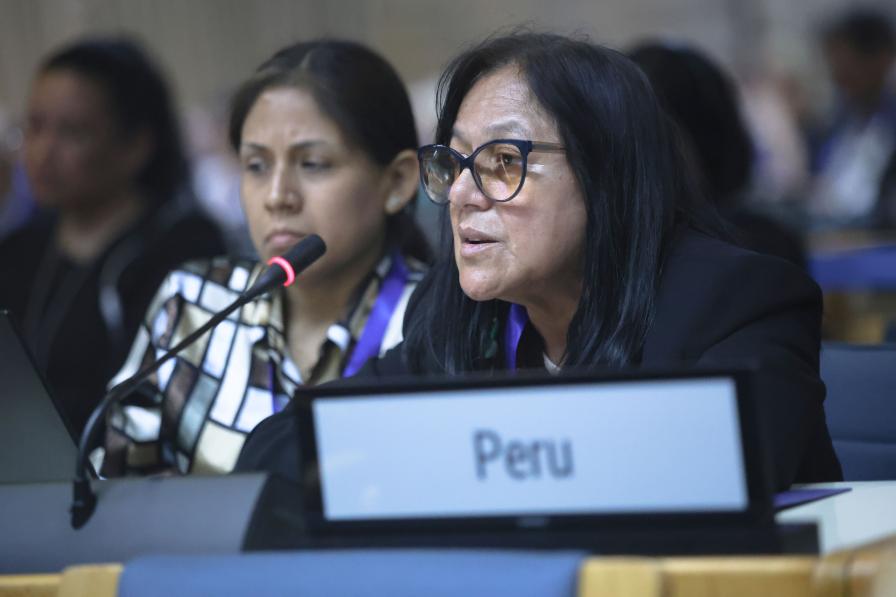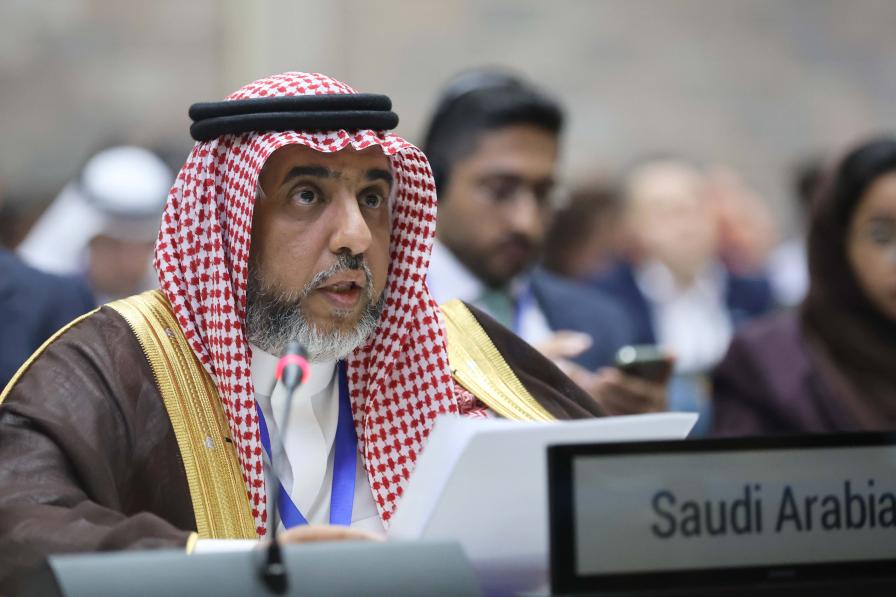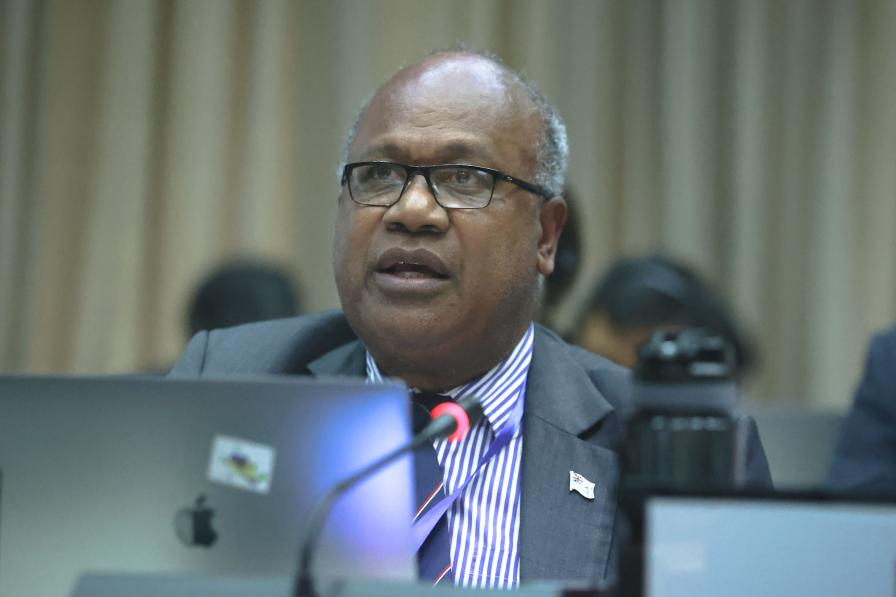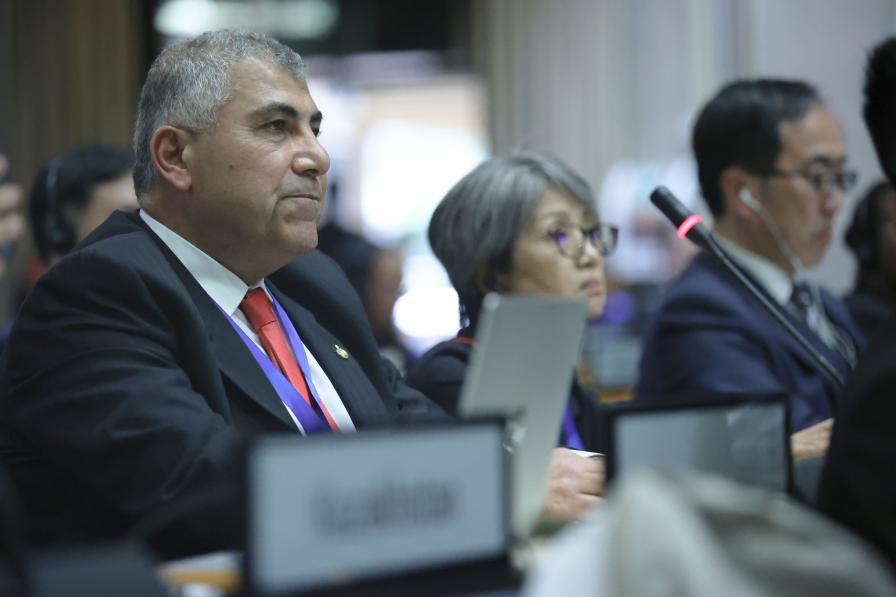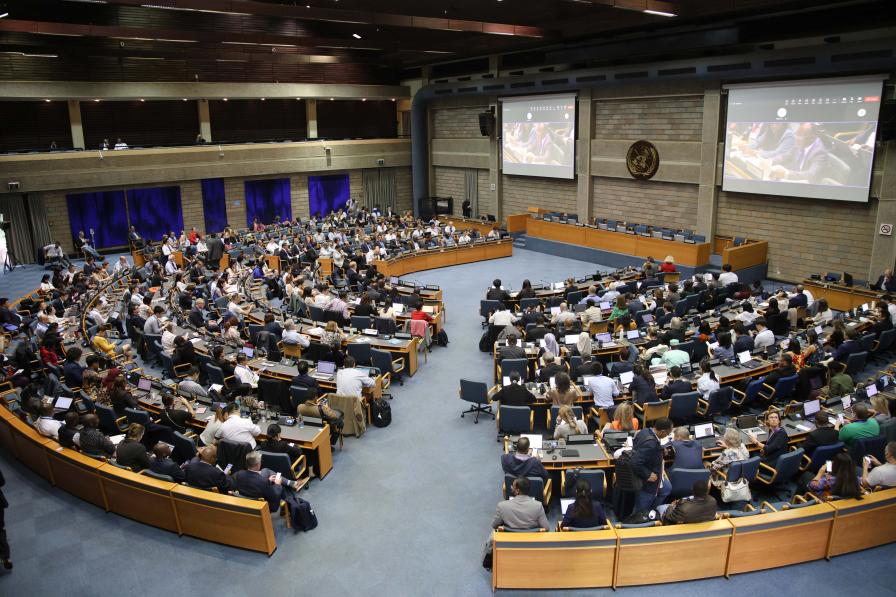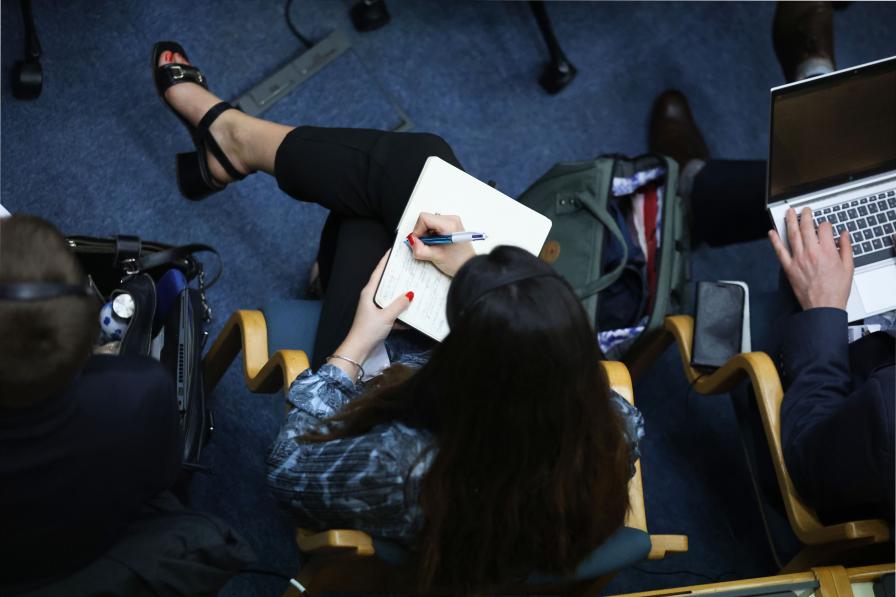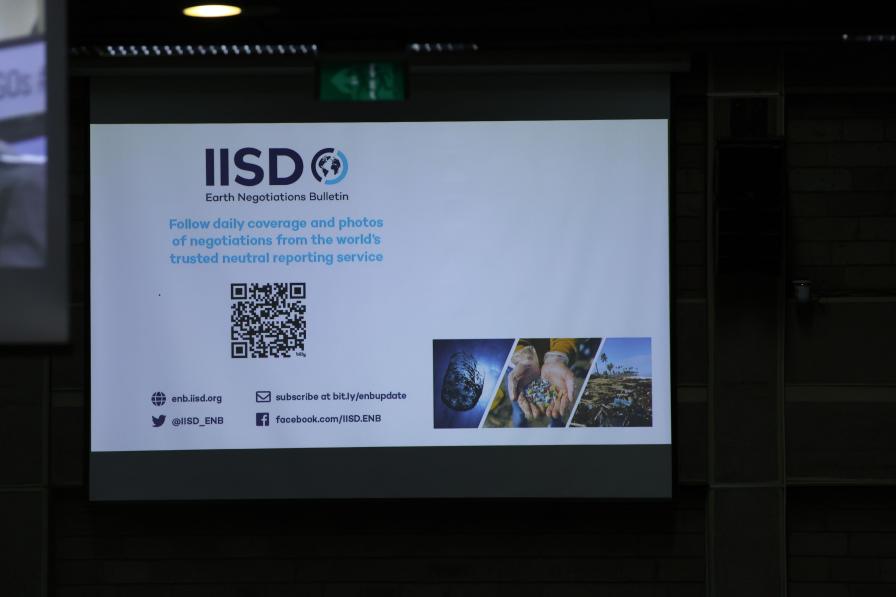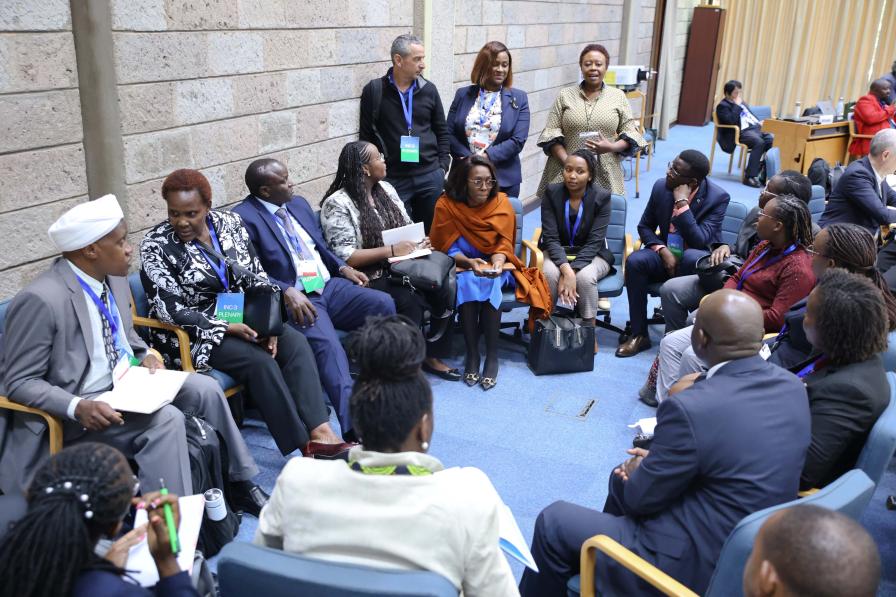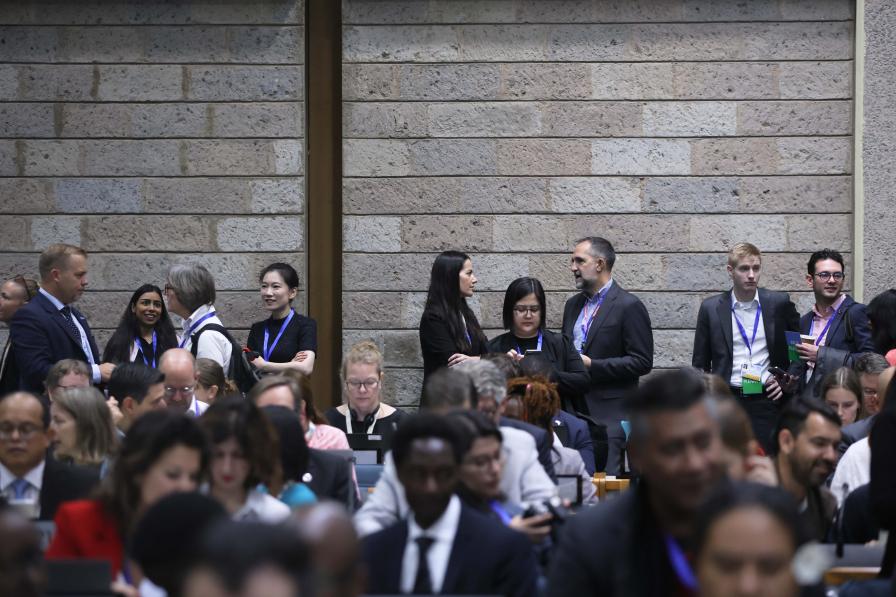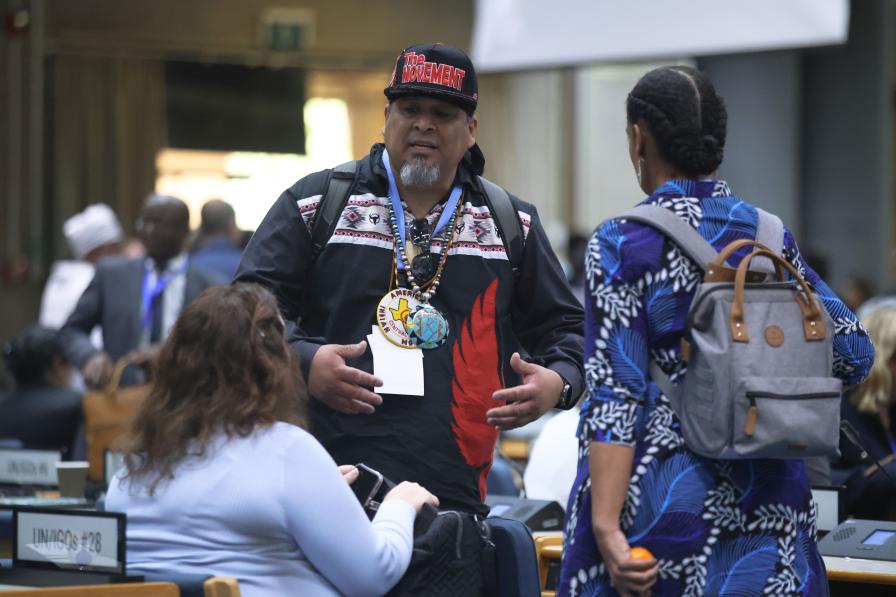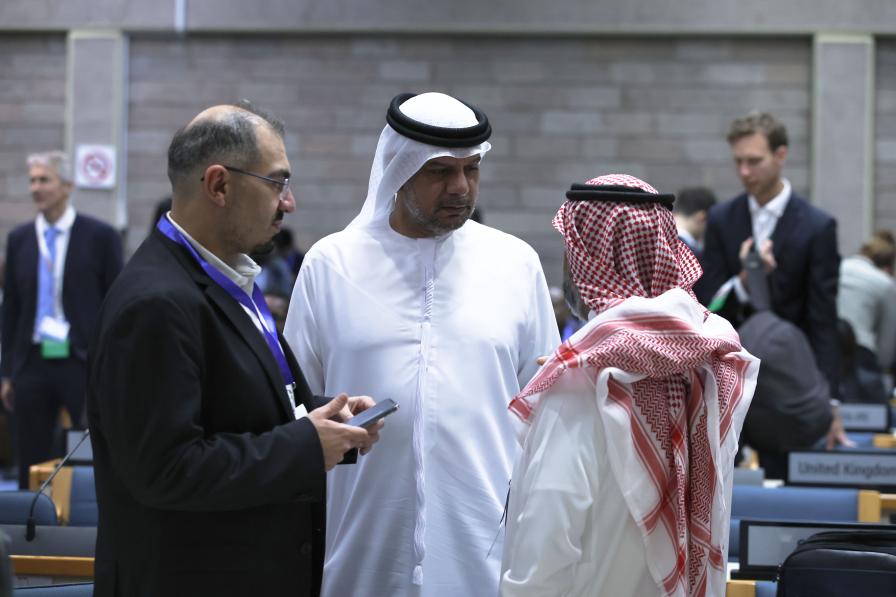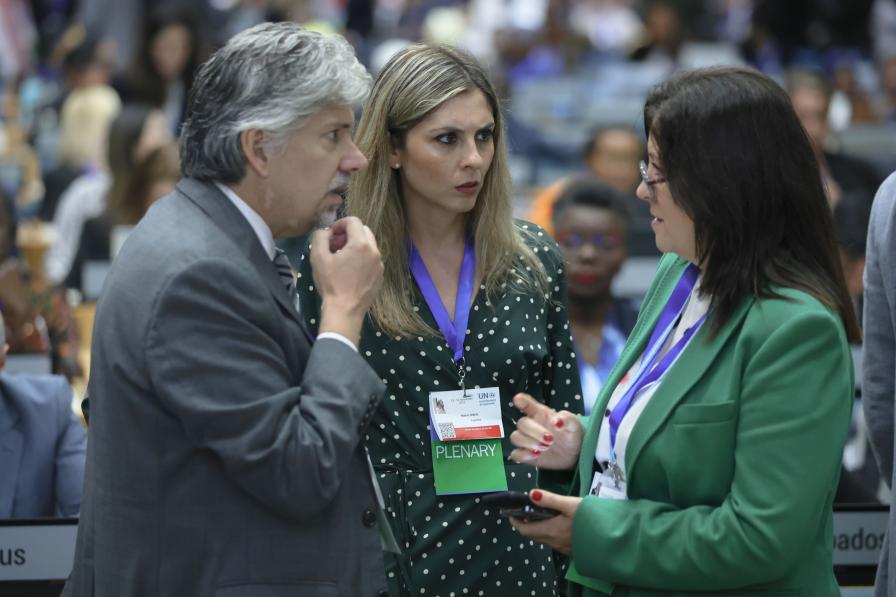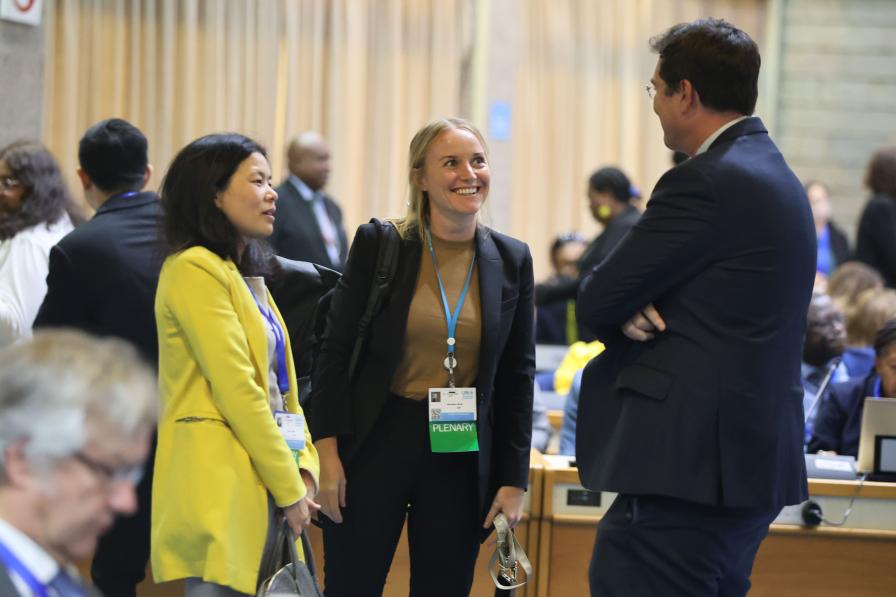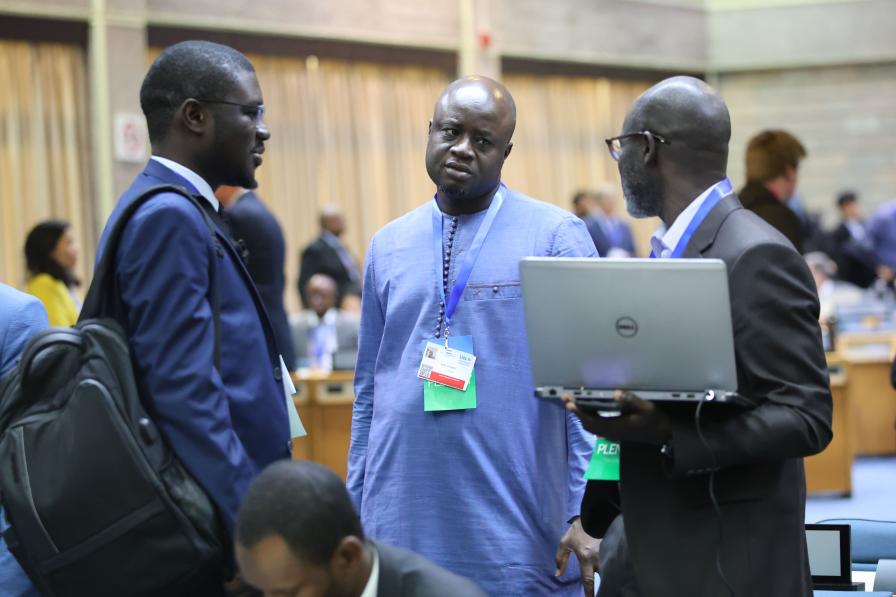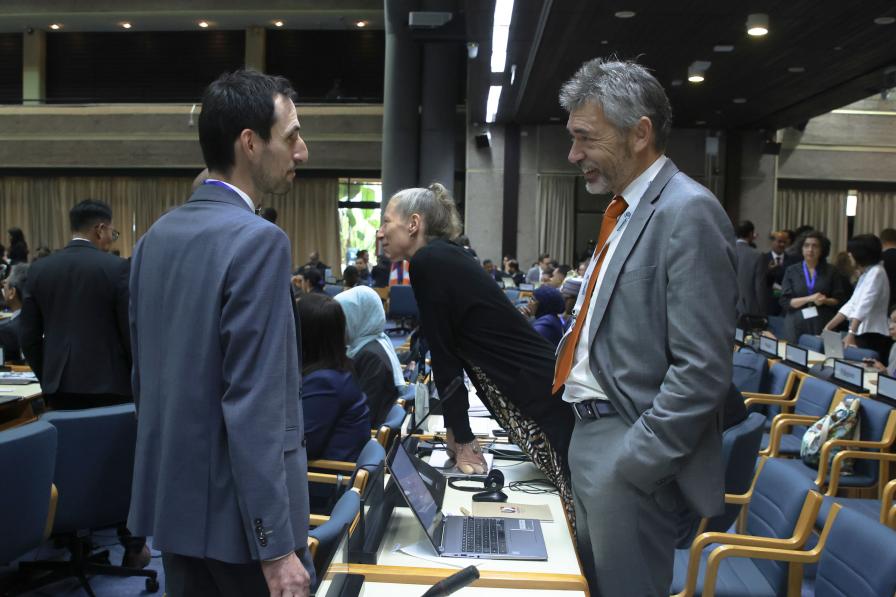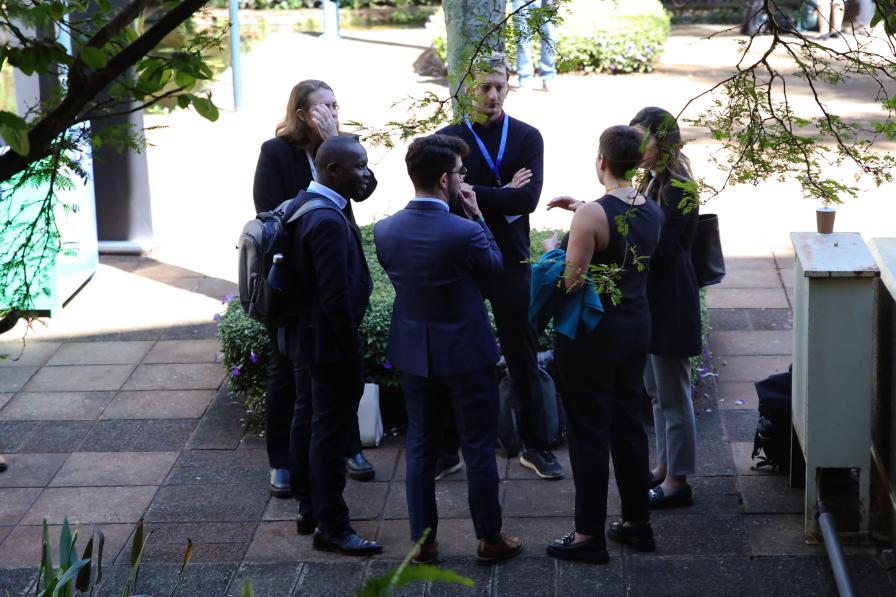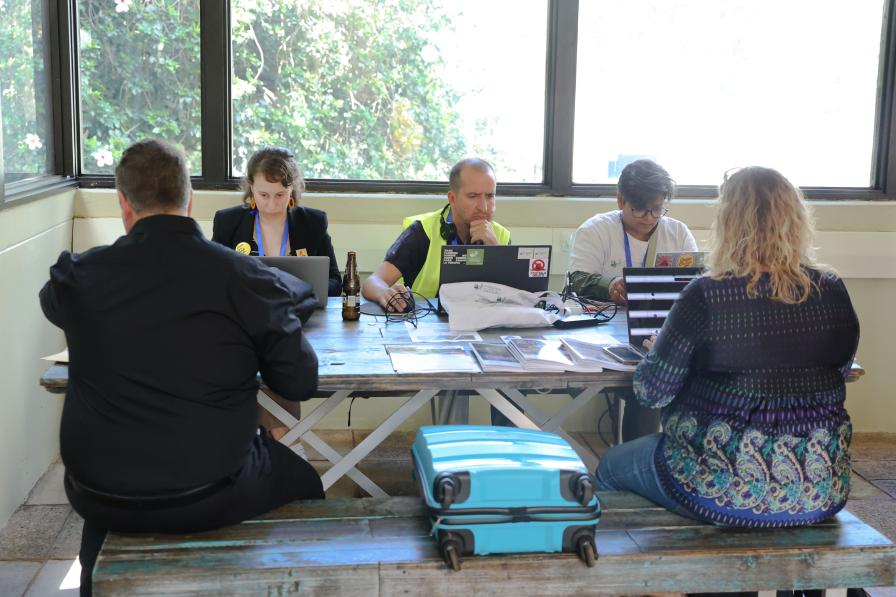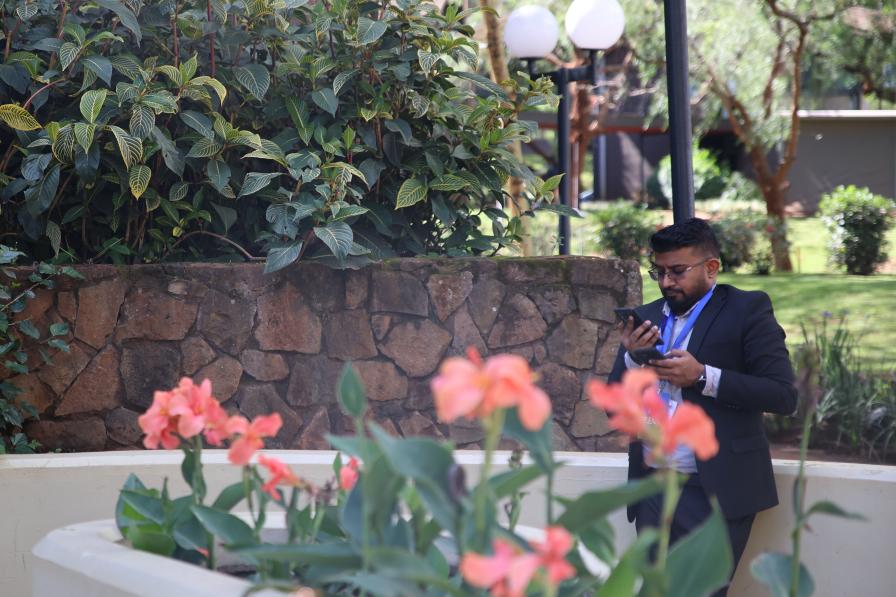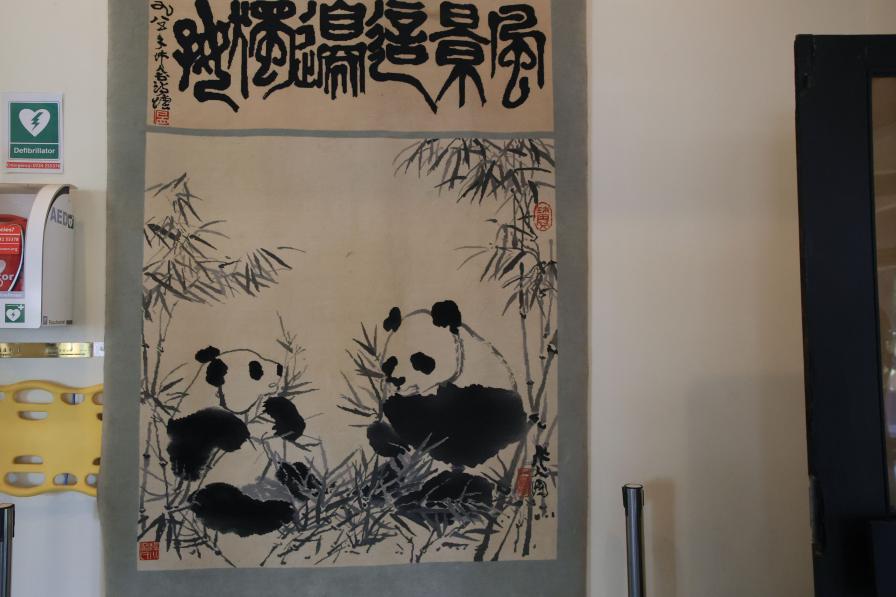Plastic is forever. For all its necessary and positive uses, the pollution generated from the mismanagement of plastics is exacerbating an environmental crisis, while its ingredients may also be fueling a public health crisis we have yet to fully understand. But is there anything we can do about it? This is the question that has brought over 2500 delegates together for the third session of the Intergovernmental Negotiating Committee (INC-3) to develop an international legally binding instrument (ILBI) on plastic pollution, including in the marine environment.
Want to dig deeper into today's talks? Read the full Earth Negotiations Bulletin daily report.
Convening at the UN Environment Programme (UNEP) headquarters in Nairobi, Kenya, delegates met for the first of seven days to begin their consideration of a Zero Draft of the future treaty on plastic pollution. The session was opened by INC Chair Gustavo Meza-Cuadra, Peru, who called on delegates to channel the “Nairobi Spirit” of consensus and ambition, which had delivered the mandate to negotiate the ILBI, when UNEA resolution 5/14 was adopted in 2022.
Noting that INC-3 marks the mid-point of the INC timeline, Jyoti Mathur-Filipp, Executive Secretary, INC Secretariat, called upon delegates to move forward swiftly to ensure that a new treaty is achieved by the end of 2024 as a matter of both urgency and necessity, underscoring that “we hold in our hands the power to correct this destructive course to … heal our planet.”
Remarking that “this agreement must be strong, this agreement must be comprehensive, and it must be ready by 2024,” UNEP Executive Director Inger Andersen recalled that UNEA resolution 5/14 provided a mandate to develop an ILBI that is “based on a comprehensive approach that addresses the full lifecycle of plastic.”
In his address, the President of Kenya, William Samoei Ruto, said while it is not always common for the world to speak in unison, plastic is a threat of such magnitude that “it requires all of us to develop and execute a global instrument that will help us neutralize the threat of plastic in the world.” He requested the Committee to endorse the country’s bid to host the future treaty secretariat, urging delegates to deliver an effective instrument, since “this treaty is the first domino” in the change needed to address plastic pollution.
Delegates shared their first impressions of the Zero Draft, prepared by the Secretariat based on submissions from states and stakeholders. In general statements, delegations outlined their interpretations of UN Environment Assembly resolution 5/14 to end plastic pollution, specifically their understanding of “a comprehensive approach addressing the full lifecycle of plastic.”
Substantive discussions were balanced by discussions on process, with some calling for a revision of the Zero Draft to incorporate submissions that had not been reflected in the current draft, and others urging agreement on an approach for making inputs to revised iterations of the text. Delegations will continue to share general statements on Tuesday, with a view to moving into contact group discussions soon after.
To receive free coverage of global environmental events delivered to your inbox, subscribe to the ENB Update newsletter.
All ENB photos are free to use with attribution. For INC-3, please use: Photo by IISD/ENB | Anastasia Rodopoulou.
